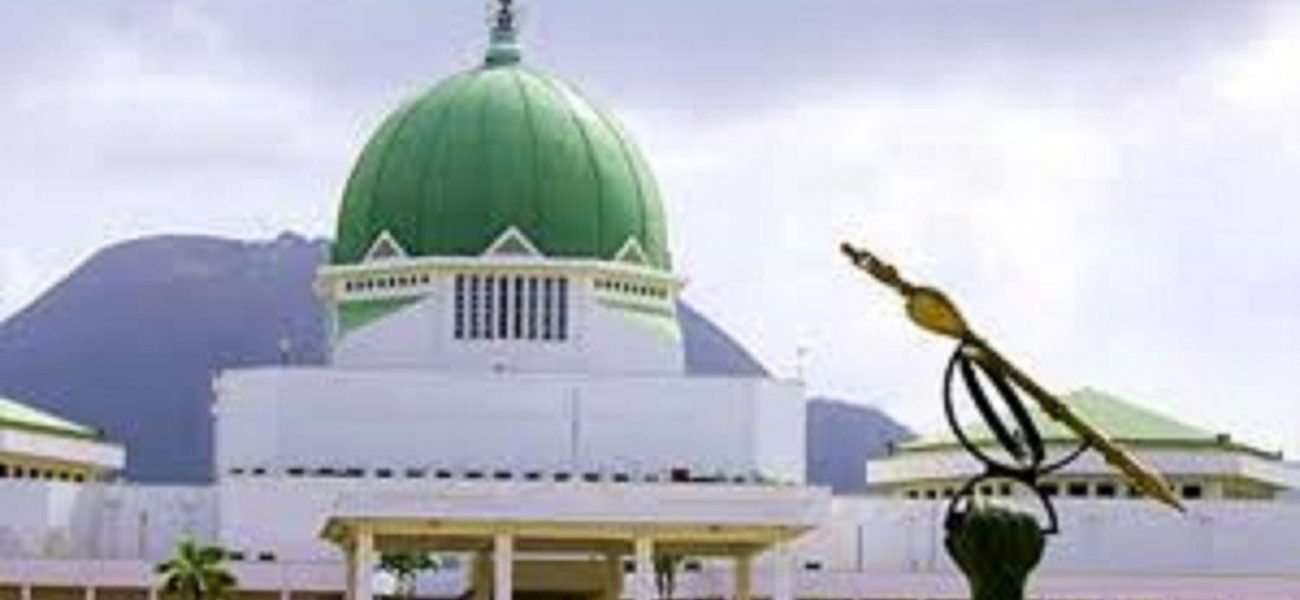It turned out to be the case of dashed hope and expectations when the National Assembly announced passage of the Electoral Bill, generating controversy and confusion over electronic transmission of election results. After several years of wait that included bill drafting, research, public hearing, several committee meetings, setting up of a joint committee and adoption of a common report, the National Assembly passed a new Electoral Bill for Nigeria that dampened every expectation. In the Senate, the chamber passed an Electoral bill that raised constitutional questions, when it subjected INEC’s functions to a Federal agency’s recommendations and the National Assembly’s approval, contrary to the provisions of section 158 (1) and the Third Schedule, Item F, paragraph 15(a) of the Constitution of the Federal Republic of Nigeria, which provide for the independence of INEC and empower it to conduct elections.
In the House, it is now emerging from its Votes and Proceedings that the session held on Thursday, 15th July retained the recommendations of its Committee on Electoral Matters authorising INEC to determine the procedure for voting and transmission of results. In the Senate, this power is subjected to endorsement by the Nigerian Communications Commission (NCC) and approval by the National Assembly.
In that session of the House held on 15th July, the proceedings had ended in chaos and fighting had ensued following squabbles over the said key provision of clause 52 (2). The House had been divided along partisan political lines.
The language around clause 52, became the controversial provision that opened up the National Assembly to serious questions and scrutiny. Following the House’s deliberation clause 52 was passed as follows:
- Voting at an election under this Bill shall be by open secret ballot.
- Voting at an election and transmission of result under this Bill shall be in accordance with the procedure determined by the Commission.
- A voter on receiving a ballot paper shall mark it in the manner prescribed by the Commission.
- All ballots at an election under this Bill at any polling station shall be deposited in the ballot box in the open view of the public.
The Senate passed an amendment to the Bill, subjecting INEC’s conduct of elections by electronic means to vetting by the NCC and National Assembly approval. The Senate passed clause 52 as follows:
- Voting at an election under this Bill shall be by open secret ballot.
- The Commission may consider the electronic transmission of results, provided the national coverage is adjudged to be adequate and secure by the Nigerian Communications Commission (NCC) and approved by the National Assembly.
- The Commission may transmit results of elections by electronic means where and when practicable
- A voter on receiving a ballot paper shall mark it in the manner prescribed by the Commission.
- All ballots at an election under this Bill at any polling station shall be deposited in the ballot box in the open view of the public.
The amendment of clause 52 (2) was achieved by a division vote of 52 to 28 senators, while 28 senators were absent. The Senators who voted for the amendment include: Deputy Senate President, Ovie Omo-Agege, Senator Peter Nwaboshi, Senator Mohammed Ali Ndume, Senator Opeyemi Bamidele, Senator Ibrahim Abdullahi Gabor, Senator Yusuf Abubakar Yusuf, senator Bomai Ibrahim Mohammed, Asahabi Alhaji Ya’u, Senator Uba Sani, Seantor Kabiru Gaya, Senator Ishaku Elisha Abbo, Senator Ahmad Babba Kaita, Senator Adamu Aliero, Senator Yahaya Abdullahi, Senator Yakubu Oseni, Senator Isah Jibrin, Senator Smart Adeyemi, Senator Ibrahim Yahaya Oloriegbe, Senator Oluremi Tinubu, Senator Solomon Adeola, Senator Tanko Al-Makura, Senator Godiya Akwashiki, Senator Abdullahi Adamu, Senator Mohammed Sani Musa, Senator Aliyu Sabi Abdullahi, Senator Birma Mohammed Enagi, Senator Nora Ladi Dadu’ut, Senator Francis Alimikhena, Senator Abubakar Kyari, Senator Surajudeen Ajibola, Senator Robert Ajayi Boroffice, Senator Orji Uzor Kalu, Senator Aderele Oriolowo, Senator Aishatu Dahiru Ahmed, Seantor Degi Eremienyo, Senator Ashiru Yisa, Senator Bello Mandiya, Senator Hezekiah Dimka Ayuba, Senator Francis Ibezim, Senator Kashim Shettima, Senator Stephen Odey, Senator Suaibu Isa Lau, Senator Alkali Saidu, Senator Amos Bulus, Senator Danladi Sankara , Senator Hadeija hassan Ibrahim, Senator Suleiman Abdul Kwari, Senator Abdullahi Barkiya, Senator Jika Dauda Haliru, Senator Lawali Anka and Senator Lawal Yahaya Gamau.
Senators who voted for the originally proposed provision to allow INEC to determine the voting procedure at an election are as follows: Senator Enyinnaya Abaribe, Senator Francis Adenigba Fedehunsi, Senator Clifford Ordia, Senator Matthew Urhoghide, Senator Gyang Istifanus, George Sekibo, Senator Biodun Olujimi, Senator Mpigi Barinada, Senator Betty Apiafi, Senator Philip Aduda, Senator Chukwuka Utazi, Senator Ibrahim Abdullahi Danbaba, Senator Danjuma La’ah, Senator Francis Onyewuchi, Senator Patrick Ayo Akinyelure, Senator Kola Balogun, Senator Eyakeyi Akon Etim, Senator Christopher Ekpenyong, Senator Seriake Dickson, Senator Cleopas Zuwoghe, Senator Emmanuel Orker-jev, Senator Sandy Onor, Senator Gershom bassey, Senator James Manager, Senator Obinna Ogba, Senator Sam Egwu, Senator Nnachi Ama Micheal and Senator Albert Akpan.
Other provisions contained in the Electoral Bill, the provision relating to election finance, were also passed. The maximum election expenses passed are as follows:
Presidential election – N5 billion, Governorship election – N1 billion, Senatorial election – N100 million, House of Representatives election – N70 million, State House of Assembly election – N30 million, Area Council Chairmanship election – N30 million and Area Council Councillorship election – N5 million.
With the House of Representatives and the Senate passing different versions of the Electoral Bill, it is now expected that the harmonisation committee will be set up and the differences resolved, with a common bill prepared for transmission to the President for assent. It is important to note that the harmonisation committee was not set up before the two chambers adjourned for annual recess.

